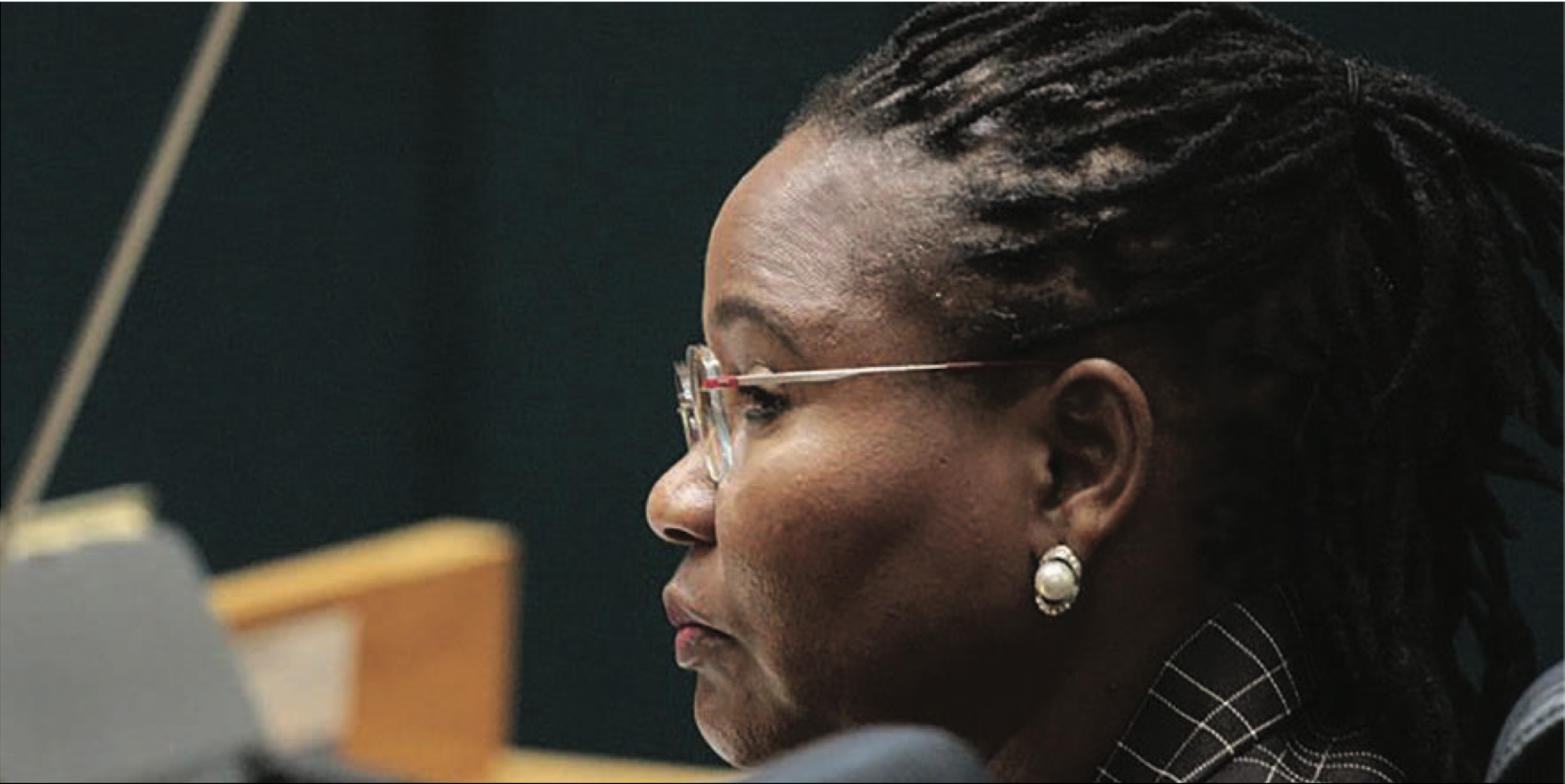
Ministry of Education and Skills Development has called for collaborative efforts to address the challenge of the high rate of teenage pregnancy in schools.
Assistant Minister Naniki Makwinja told Parliament that the education sector is besieged with the challenge of young girls that find themselves entrapped in unplanned pregnancies which not only affect their education but also worsen the plight of poverty for some and costs the Government in financial resources.
Makwinja indicated that since the beginning of the year, several schools have already registered a high number of pregnancies among school girls.
WE ARE STILL MAKING CVs FOR P100. COVER LETTERS FOR P50
Pay with FNB EWallet to 76981238 or Orange Money on number 76981238
Whatsapp us on +26776981238
JOIN US ON OUR WHATSAPP CHANNEL HERE
“There are girls who are pregnant in school and Moeng College has registered 20, Lotsane has 16 and Shoshong Senior secondary has 10.
These are worrisome figures and the Ministry is working on initiatives to address this challenge,” she said.
Teenage pregnancy in Botswana stands at a national ratio of 9.7 percent. Nearly 2000 girls have dropped out of school due to pregnancy since 2017. In some schools in Botswana, children as young as age 10 have been reported to fall pregnant, according to findings from the Education Ministry and the United Nations Population Fund (UNFPA).
Government is yet to fully integrate Comprehensive Sexuality Education (CSE) in schools, and it has attracted mixed reactions with some stakeholders, particularly parents, believing that it encourages school learners to engage in sexual activity.
However, UNESCO has maintained that CSE is merely the “process of teaching and
learning about the cognitive, emotional, physical and social aspect of sexuality.”
The curriculum covers human development, sexual behaviour, and sexual reproductive health and rights.
The challenge in Botswana has been the “conservative” culture and issues of sexuality are often shrouded in secrecy, which is worsened by the fact that some parents are not comfortable with having “the birds and the bees” talk with their children, which has influenced the reluctance to fully integrate CSE into the school curricula.
Botswana is however a signatory to the ESA commitment which pledged to improve efforts to ensure access to good quality CSE and youth-friendly SRH services. A report from the commitment pledge indicates that integration of CSE into the school curriculum requires thorough teacher training to ensure educators unlearn prejudices and socialisation perspectives.
When making submissions before the Constitutional Review commission this week, the National Children’s Consultative Forum indicated that the school curriculum should provide children with skills and knowledge needed to survive amidst the current social environment of rampant child sexual abuse incidents, adding that it is worrisome that some parents are reluctant to come forth with information regarding incidents of sexual abuse and sexual exploitation of children.
The ability to decide whether to have children; when, with whom, and how many, is a fundamental reproductive right for women and girls.
However, this right is often negatively impacted by cultural and social constructs that limit the rights of women, as well as poor SRH services.
UNPFA has indicated that there is a need to do away with myths about unplanned pregnancies such as that they are preventable, because no contraceptive is 100percent effective, calling for more education and stringent laws that protect women and girls from gender-based violence, which is the main driver of unplanned pregnancies.
The 2020 State of the World Report by UNFPA indicates that unintended pregnancies impact individual lives and societies, and empowering women and girls to make conscious and deliberate choices about their pregnancies is essential for their advancement in education, health, and gender equality.

